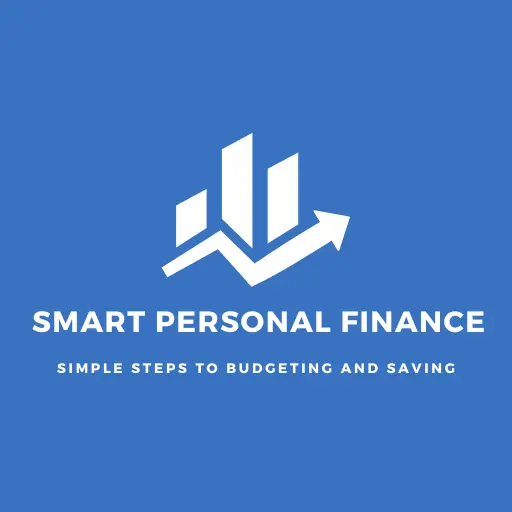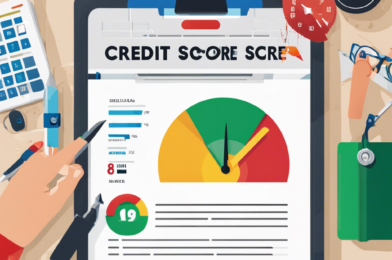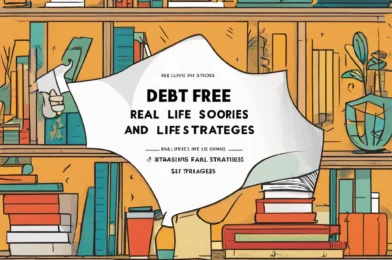Facing mounting debt can be overwhelming, but taking control of your financial situation is possible through strategic negotiations with creditors. Whether you’re struggling with credit card debt, personal loans, or medical bills, effective negotiation tactics can help you reduce your financial burden and pave the way to a debt-free future. This article aims to provide practical tips to enhance your negotiation skills and successfully navigate the path to financial freedom.
**Understand Your Financial Situation**
Before entering negotiations, assess your financial circumstances thoroughly. Create a detailed list of all debts, including creditors’ names, outstanding balances, interest rates, and payment history. This comprehensive overview empowers you to identify areas where negotiation can make the most impact. Prioritize the debts with the highest interest rates or those closest to default, as these are the areas where creditors may be more willing to negotiate.
**Research Your Rights and Options:**
Educate yourself about your rights as a borrower and the various debt relief options available. Understand the laws governing debt collection practices in your jurisdiction and learn about alternatives like debt consolidation, debt settlement, and credit counseling. This knowledge will enable you to advocate for yourself effectively during negotiations.
**Contact Your Creditors:**
Reach out to your creditors and explain your financial situation. Be honest and transparent about your challenges, but also emphasize your commitment to meeting your obligations. Many creditors are willing to work with borrowers who demonstrate sincerity and a genuine desire to repay their debts.
**Propose a Payment Plan:**
Suggest a repayment plan that aligns with your current financial capacity. Offer a specific amount you can afford to pay each month, even if it’s less than the minimum payment. Creditors may agree to a modified payment schedule rather than risk non-payment or default.
**Negotiate Interest Rates and Fees:**
Request a reduction in interest rates or a waiver of late fees and penalties. Explain that these adjustments would make your payments more manageable and increase the likelihood of timely payments. Some creditors may be open to negotiating these terms, especially if it means avoiding a potential default.










